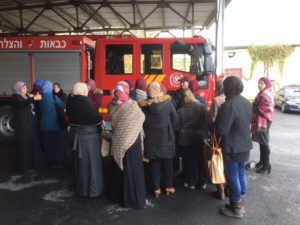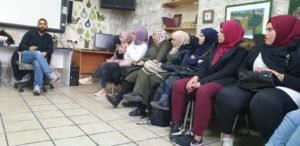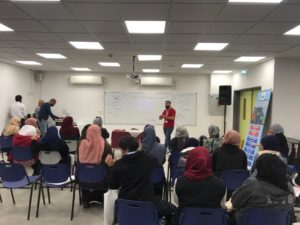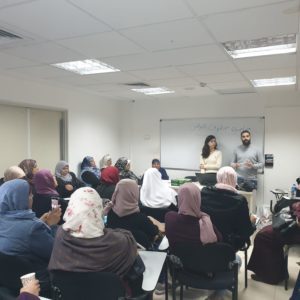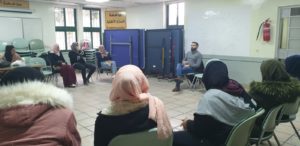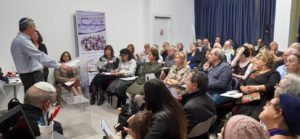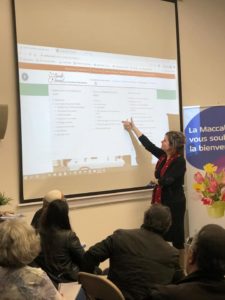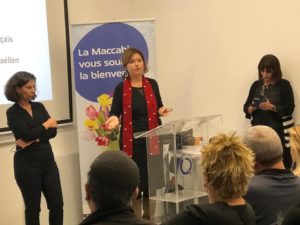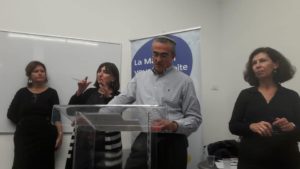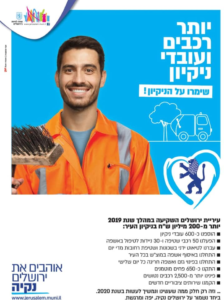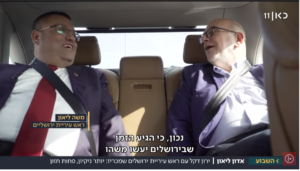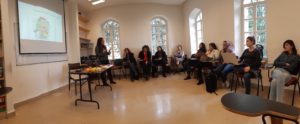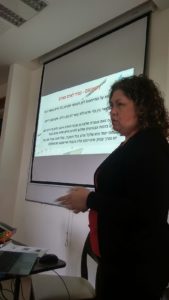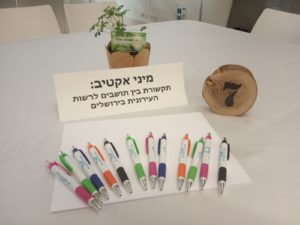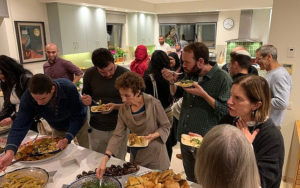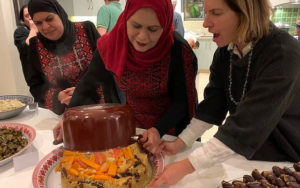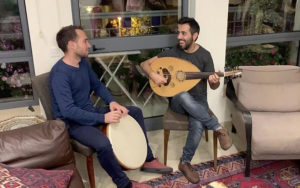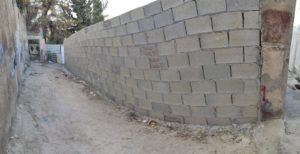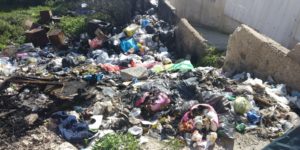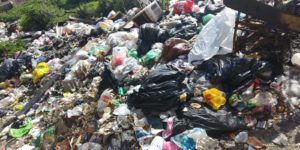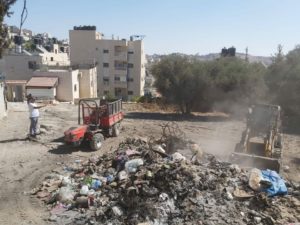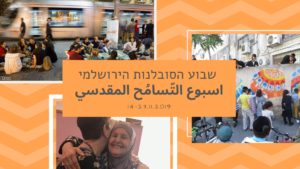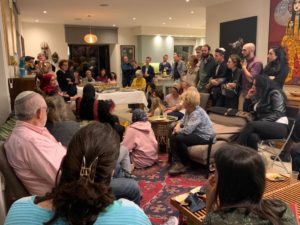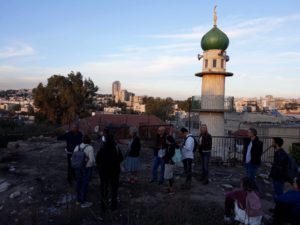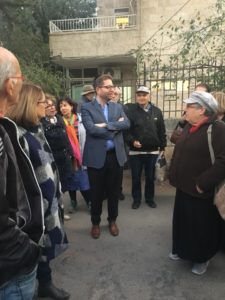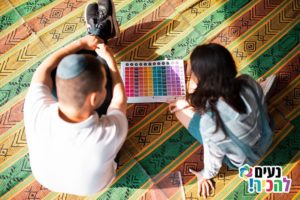Living Safer, Living Longer and MiniActive Joining Forces to Make East Jerusalem Safer for Families
Living Safer, Living Longer and MiniActive have enjoyed a fruitful partnership since the project began.
One group has already been trained, and we are now training a second group of women to advance home safety and preventive health measures from within the community. This group began training on November 12, and they’re already practicing doing individual mentoring in homes, together with our staff.
An integral part of the training is fire prevention, since house fires are a huge problem in East Jerusalem. (You might remember the fire prevention training from the first group, with this unforgettable video here.)
As part of this training group members visited the local fire department in Wadi Joz on December 10, 2019. Here’s a Facebook post (in Arabic, of course) from the MiniActive Facebook page:
And many thanks to the Jerusalem Foundation for its support of Living Safer, Living Longer and MiniActive, and to the Natan Fund for their additional support of MiniActive.

